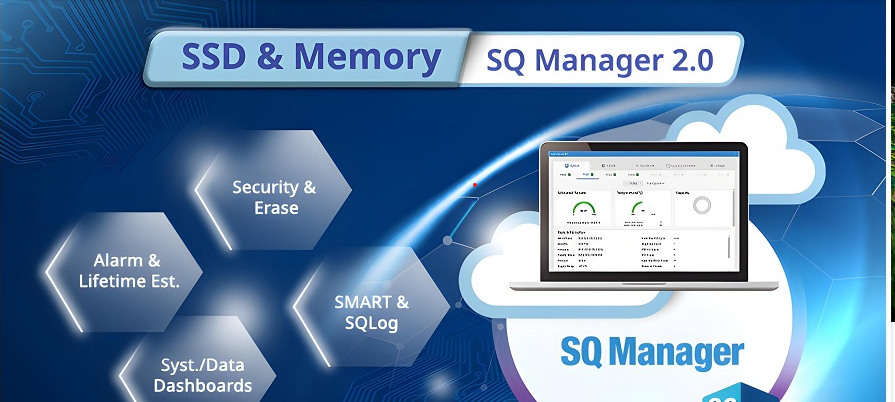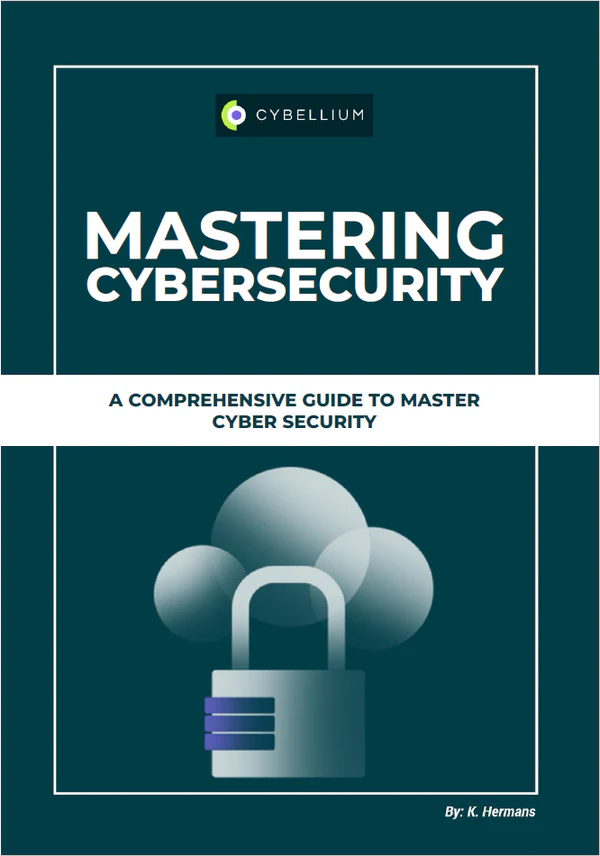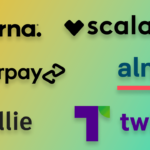Now Reading: Your Ultimate Guide to Becoming a Certified Information Systems Auditor
-
01
Your Ultimate Guide to Becoming a Certified Information Systems Auditor
Your Ultimate Guide to Becoming a Certified Information Systems Auditor
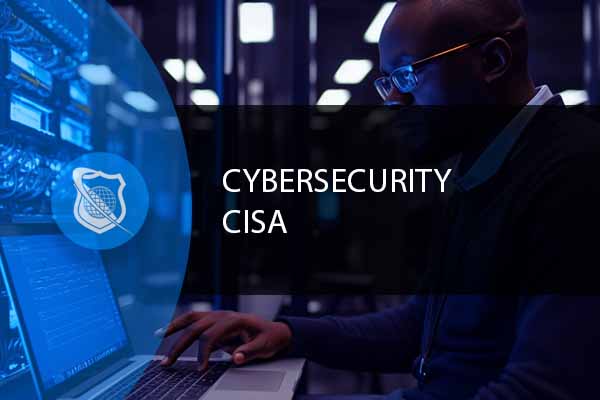
In a world driven by data and technology, organizations need experts who can ensure their information systems are secure, reliable, and effective. This is where a certified information systems auditor comes in. These professionals are the guardians of digital integrity, playing a crucial role in protecting valuable information assets. If you have an eye for detail, a passion for technology, and a desire for a rewarding career, becoming a CISA might be the perfect path for you.
This guide will walk you through everything you need to know about this prestigious certification. We will cover what a certified information systems auditor does, the benefits of earning the credential, the exam details, and how to maintain your certified status. Let’s dive into the world of information systems auditing and explore how you can become a key player in this vital field.
Key Takeaways
- High Demand: A certified information systems auditor is a highly sought-after professional responsible for auditing, controlling, and securing information systems.
- Global Recognition: The CISA certification, offered by ISACA, is globally recognized as the standard of excellence for IT auditors.
- Career Advancement: Earning the CISA designation can lead to significant salary increases, better job opportunities, and enhanced professional credibility.
- Rigorous Process: Becoming certified involves passing a challenging exam, meeting specific work experience requirements, and adhering to a strict code of ethics.
- Continuous Learning: Maintaining the certification requires ongoing professional education, ensuring that auditors stay current with the latest industry trends and technologies.
What Exactly is a Certified Information Systems Auditor?
A certified information systems auditor (CISA) is a professional who has proven their expertise in auditing, controlling, and providing security for information systems. Think of them as detectives for a company’s digital infrastructure. They examine an organization’s IT systems and processes to ensure they are operating correctly, are secure from threats, and comply with relevant laws and regulations.
These auditors perform a wide range of tasks. They might evaluate the security of a new software application, check if a company’s data backup procedures are adequate, or ensure that financial systems are processing transactions accurately. Their work provides management with the assurance that the organization’s technology is not only supporting business goals but is also protected from risks like data breaches, fraud, and system failures. The CISA certification, awarded by the Information Systems Audit and Control Association (ISACA), is the gold standard for professionals in this field. It signifies that an individual possesses the knowledge and skills necessary to excel in this critical role.
The Role and Responsibilities of a CISA
The day-to-day responsibilities of a certified information systems auditor are diverse and dynamic. Their primary goal is to provide an independent and objective assessment of an organization’s IT environment. This involves a lot of analysis, testing, and reporting.
Key responsibilities often include:
- Planning and Executing Audits: Developing audit plans based on risk assessments and then carrying out those plans to test controls.
- Evaluating IT Governance: Assessing how well the IT department is managed and aligned with the overall business strategy.
- Assessing Information Security: Reviewing security policies, procedures, and technologies to identify vulnerabilities and recommend improvements.
- Reviewing System Development: Participating in the lifecycle of new systems to ensure they are built with proper controls and meet business needs.
- Ensuring Compliance: Verifying that the organization adheres to legal, regulatory, and contractual requirements related to information systems, such as GDPR or HIPAA.
- Reporting Findings: Communicating audit results and recommendations to management and other stakeholders in a clear, concise manner.
Why Should You Become a Certified Information Systems Auditor?
Pursuing the CISA certification is a significant investment of time and effort, but the returns are well worth it. Becoming a certified information systems auditor opens doors to a wealth of opportunities and provides a clear path for career progression in the IT and cybersecurity industries. It’s a credential that instantly tells employers you have a high level of expertise.
One of the most compelling reasons is career advancement. The CISA is often a prerequisite for senior-level audit and security positions. It demonstrates a commitment to the profession and a deep understanding of complex technical concepts. Furthermore, the demand for qualified IT auditors continues to grow as organizations become more reliant on technology and face an increasing number of cyber threats. This demand translates into job security and a competitive edge in the job market.
Boosting Your Salary Potential
It’s no secret that professional certifications can lead to higher pay, and the CISA is a prime example. Professionals who hold the certified information systems auditor designation consistently earn more than their non-certified peers. The certification validates specialized skills that are in high demand, allowing you to command a premium salary.
According to various industry salary surveys, a CISA can significantly increase your earning potential. The exact amount varies based on factors like your location, years of experience, and the specific industry you work in. However, the trend is clear: employers are willing to pay more for the assurance that comes with a globally recognized certification. This financial reward is a direct reflection of the value that a certified information systems auditor brings to an organization by protecting its assets and ensuring operational integrity.
Gaining Global Recognition and Credibility
The CISA certification is recognized and respected by employers worldwide. It serves as a universal benchmark for proficiency in information systems auditing. When you become a certified information systems auditor, you join a global community of over 150,000 professionals. This network provides invaluable opportunities for collaboration, knowledge sharing, and professional development.
This global recognition means your skills are portable. Whether you are looking for a job in New York, London, or Singapore, the CISA designation will be understood and valued. It enhances your professional credibility and shows that you adhere to a strict Code of Professional Ethics, which further builds trust with employers and clients. This level of credibility is essential for a role that involves assessing sensitive information and making critical recommendations. For more insights into global business trends, you might find articles like those on https://forbesplanet.co.uk/ helpful.
The Path to Certification: CISA Exam and Requirements
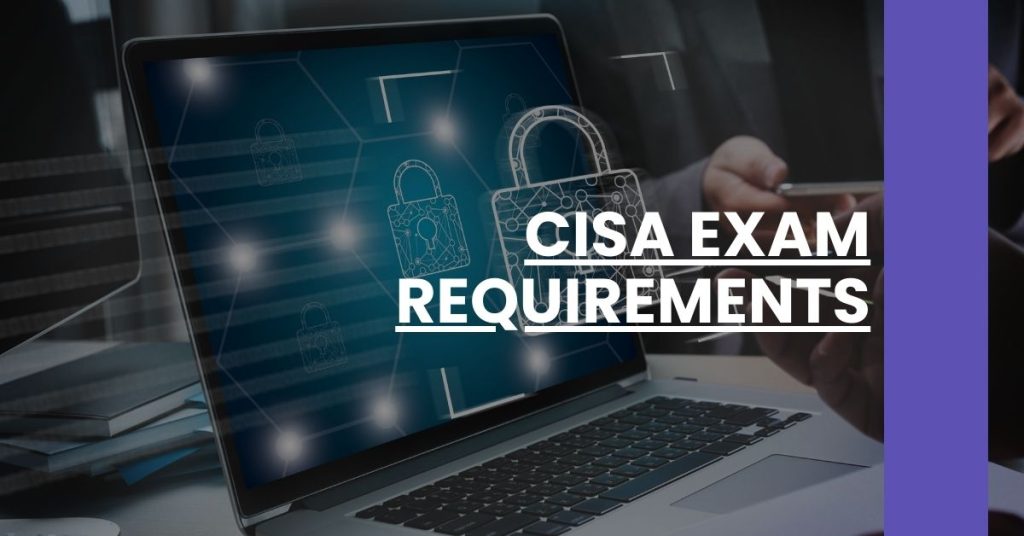
Becoming a certified information systems auditor is a structured process designed to ensure that only qualified individuals earn the credential. The journey involves more than just passing an exam; it requires a combination of knowledge, practical experience, and a commitment to ethical conduct. ISACA has laid out a clear set of requirements to guide candidates through this process.
The core components include registering for and passing the CISA exam, submitting an application that documents your relevant work experience, and agreeing to abide by ISACA’s professional standards. Let’s break down each of these steps in more detail so you know exactly what to expect on your path to certification.
Understanding the CISA Exam Domains
The CISA exam is a comprehensive test of your knowledge across five key areas, known as job practice domains. Each domain is weighted differently, reflecting its importance in the daily work of a certified information systems auditor.
|
Domain |
Percentage of Exam |
Description |
|---|---|---|
|
Domain 1: Information System Auditing Process |
21% |
Covers the standards and guidelines for conducting IS audits, risk-based planning, and audit execution. |
|
Domain 2: Governance and Management of IT |
17% |
Focuses on IT governance, organizational structure, strategic planning, and risk management. |
|
Domain 3: IS Acquisition, Development, & Implementation |
12% |
Relates to the processes for acquiring, developing, testing, and implementing information systems. |
|
Domain 4: Information Systems Operations & Business Resilience |
23% |
The largest domain, it covers system operations, maintenance, and disaster recovery planning. |
|
Domain 5: Protection of Information Assets |
27% |
Deals with information security frameworks, policies, and controls for protecting data and systems. |
To pass the exam, you need a deep understanding of all five domains. The exam consists of 150 multiple-choice questions and you have four hours to complete it.
Meeting the Work Experience Requirement
Passing the exam is just one piece of the puzzle. To officially become a certified information systems auditor, you must also demonstrate relevant hands-on experience. ISACA requires a minimum of five years of professional information systems auditing, control, or security work experience.
However, ISACA offers several waivers that can substitute for this experience:
- A maximum of one year of experience can be substituted with one year of information systems or general auditing experience.
- A 2-year or 4-year degree can be substituted for one or two years of experience, respectively.
- A master’s degree in a related field can be substituted for one year of experience.
It’s important to note that the experience must be gained within the 10-year period preceding the application date or within five years of passing the exam. This ensures that every certified information systems auditor has recent, relevant experience.
Preparing for the CISA Exam
Proper preparation is the key to passing the challenging CISA exam. Simply having work experience is often not enough; you need to study the specific concepts and terminology covered in the exam domains. A structured study plan will help you cover all the material efficiently and identify any areas where you need more focus.
Many candidates start by creating a timeline, setting aside a certain number of hours each week for studying. It’s also helpful to mix different study methods, such as reading official manuals, taking practice exams, and joining study groups. The goal is to not just memorize facts but to understand the underlying principles of IS auditing so you can apply them to the scenario-based questions on the exam.
Recommended Study Resources
ISACA provides a suite of official study materials that are widely considered the best resources for CISA exam preparation. These materials are specifically designed to align with the exam content.
- CISA Review Manual: This is the core textbook, providing an in-depth look at all five job practice domains. It’s a must-have for any serious candidate.
- CISA Review Questions, Answers & Explanations Database: This online, interactive tool allows you to take practice exams with thousands of questions. It’s an excellent way to test your knowledge and get used to the format of the real exam.
- CISA Online Review Course: For those who prefer a more structured learning experience, this self-paced course walks you through the exam content with expert instruction and interactive elements.
Many candidates also find success with third-party study guides, boot camps, and online forums where they can discuss difficult topics with other aspiring CISA professionals.
Effective Study Strategies
How you study is just as important as what you study. To make the most of your preparation time, consider these effective strategies:
- Create a Realistic Study Schedule: Don’t try to cram. Spread your studying out over several months to allow the information to sink in.
- Focus on Understanding, Not Memorizing: The exam tests your ability to apply concepts. Focus on the “why” behind the auditing principles.
- Take Practice Exams: This is the best way to gauge your readiness. Analyze your incorrect answers to understand your weak spots.
- Join a Study Group: Discussing concepts with others can provide new perspectives and help clarify confusing topics.
- Simulate Exam Conditions: When taking practice tests, stick to the four-hour time limit and minimize distractions to get a feel for the real exam environment.
Maintaining Your CISA Certification
Earning your CISA certification is a major accomplishment, but it’s not the end of the journey. To keep your designation active, you must commit to lifelong learning. ISACA requires every certified information systems auditor to maintain their knowledge and skills through its Continuing Professional Education (CPE) program.
This requirement ensures that CISAs remain current with the fast-paced changes in technology, security threats, and auditing standards. It reinforces the value of the certification and gives employers confidence that a certified information systems auditor has up-to-date expertise. In addition to earning CPE credits, you must also pay an annual maintenance fee and continue to adhere to the Code of Professional Ethics.
The CPE Requirement Explained
To maintain your CISA certification, you must earn a minimum of 20 CPE hours per year and a total of 120 CPE hours over a three-year reporting period. These hours can be earned through a variety of activities, giving you flexibility in how you choose to continue your education.
Examples of qualifying CPE activities include:
- Attending professional conferences, seminars, and workshops.
- Completing university courses or online training.
- Presenting on an audit or security topic.
- Publishing articles or books.
- Mentoring other professionals.
ISACA provides an online portal where you can easily report your CPE hours. Keeping detailed records of your activities is crucial in case you are selected for an annual audit of your CPE claims.
Conclusion
Becoming a certified information systems auditor is a transformative step for any professional working in IT, audit, or security. The CISA designation is more than just a certificate; it’s a mark of excellence that demonstrates your expertise, dedication, and commitment to upholding the highest standards of professional conduct. The journey requires hard work and preparation, but the rewards—in terms of career opportunities, salary potential, and global recognition—are immense.
By protecting information assets and ensuring technological integrity, a certified information systems auditor plays an indispensable role in today’s digital economy. If you are ready to take on this challenge and establish yourself as a leader in the field, pursuing the CISA certification is one of the most valuable investments you can make in your professional future.
Frequently Asked Questions (FAQ)
1. How long does it take to become a certified information systems auditor?
The timeline varies for each individual. It typically takes a few months to study for and pass the exam. You also need to meet the five-year work experience requirement, though some of this can be waived with educational qualifications. The entire process from starting your studies to getting certified can take anywhere from a few months to a few years, depending on your existing experience.
2. What jobs can I get with a CISA certification?
A CISA certification opens doors to many roles, including IT Auditor, Senior IT Auditor, Audit Manager, Information Security Analyst, IT Risk Manager, and Compliance Officer. It is highly valued in public accounting firms, large corporations, government agencies, and financial institutions.
3. Is the CISA exam difficult?
Yes, the CISA exam is known to be challenging. It requires a broad and deep understanding of the five job practice domains. The pass rates are not publicly disclosed by ISACA, but it is widely accepted that dedicated study and preparation are necessary to succeed.
4. How much does it cost to get the CISA certification?
The costs include the exam registration fee, which is lower for ISACA members, and the application processing fee. You should also budget for study materials, such as the official review manual or practice question databases. Annual maintenance fees are also required to keep the certification active after you earn it.
5. Can I take the CISA exam without work experience?
Yes, you can take and pass the CISA exam before you meet the full work experience requirement. However, you will not be granted the certification until you have submitted proof of the required years of relevant professional experience. You have up to five years after passing the exam to apply for certification.


